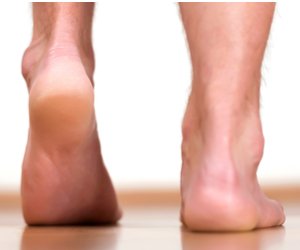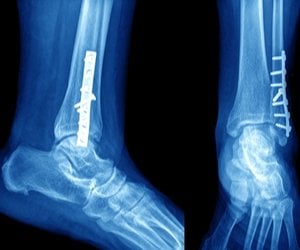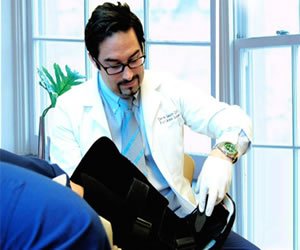
Are Professional Medical Associations Worth It for Students?
In the US alone, there are literally thousands of state, regional and national medical associations ... Read more
Written by: Guideline Central
Published on: October 19, 2017

In the US alone, there are literally thousands of state, regional and national medical associations ... Read more
Written by: Guideline Central
Published on: October 19, 2017

You can do almost anything with your smart phone these days. You can video call ... Read more
Written by: Andrew George
Published on: September 20, 2017

Anyone who has taken or studied for the MCAT Critical Analysis and Reasoning Skills (CARS)—or ... Read more
Written by: AdaptPrep
Published on: September 18, 2017

No available or affordable program for your healthcare profession in your home state? Take heart! ... Read more
Written by: Margo Colalancia
Published on: September 15, 2017

As a podiatric medical student, I often get asked about my daily life and the ... Read more
Written by: Courtney Yoder
Published on: September 11, 2017

Hi! My name is Courtney, and I am currently a third year Podiatric Medical student ... Read more
Written by: Courtney Yoder
Published on: July 3, 2017

In an ideal world, the months before an MCAT test date would be exclusively devoted ... Read more
Written by: Cassie Kosarek
Published on: October 12, 2016

I remember the sheer joy of ripping open the letter that granted me a medical ... Read more
Written by: Adelle
Published on: March 14, 2016

Originally posted in 2016, this article was adapted from an SDN forums thread provides quick ... Read more
Written by: Lawper
Published on: March 2, 2016

Dr. Jeffrey Whitaker knew at a very young age that he wanted to be a ... Read more
Written by: Student Doctor Network
Published on: September 25, 2015

Devon Glazer, DPM, Fellow of the American College of Foot and Ankle Surgeons (FACFAS) and ... Read more
Written by: Juliet Farmer
Published on: January 2, 2015

There are a number of factors to consider when deciding whether to take the MCAT for a second time.
Written by: Anubodh “Sunny” Varshney
Published on: August 13, 2014
Kristina Karlic offers advice for students and insight into the field of podiatry
Written by: Juliet Farmer
Published on: October 7, 2012
David Tran shares his perspective on the field of podiatry and advice for students
Written by: Juliet Farmer
Published on: July 15, 2012
Jonathan Williamson shares his perspective on the field of podiatry and advice for students.
Written by: Juliet Farmer
Published on: April 22, 2012
Dr. Jarrod Shapiro shares his insights about the field of podiatry and advice for students.
Written by: Juliet Farmer
Published on: December 22, 2011

Why should you consider podiatric medicine as your health care career choice? One student tells his story.
Written by: Joseph Baker
Published on: September 13, 2009